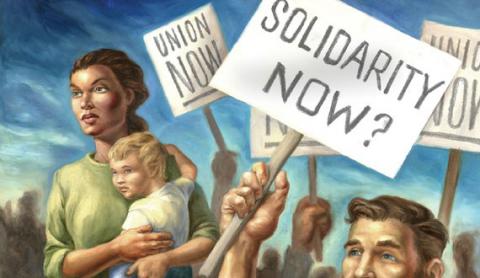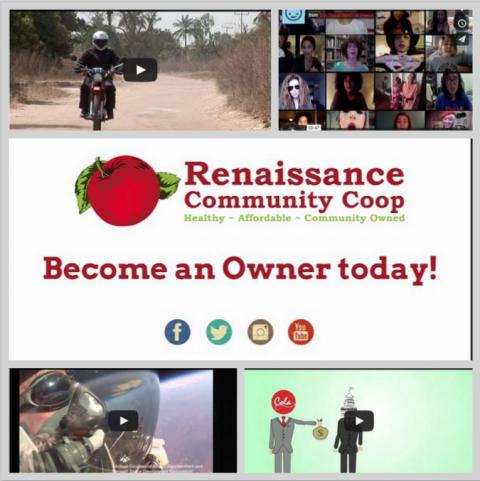Why Workers Won’t Unite








You've walked for several hours to get your baby vaccinated. But the clinic has run out of vaccines -- or the healthworker hasn't turned up because his motorcycle broke. These problems are typical along the last mile or so of a vaccine's journey from factory to child in Africa. In this film we hear how Riders for Health are tackling the transport problem. They hope to reach every child, wherever they live and however difficult the journey might be.
Read more in the Nature Outlook: Vaccines.
Soda companies spend big money to influence public health initiatives meant to decrease sugary drink consumption. But policies like taxes on sugary beverages can encourage people to make healthier choices. The beverage industry is doing everything in its power to keep that from happening.
Get the latest research, news, and information about public health policies aimed at reducing sugary drink consumption here.
Spread the word